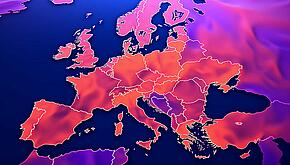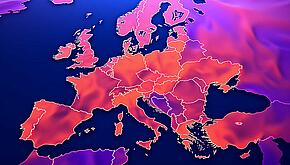- Why Us?
- Features
White Label
For SaaS Platforms & Agencies
Provide our complete analytics suite to your clients, directly within your own interface and with your/their own branding. Discover Analytics-as-a-Service and White Label Analytics. Great benefit, minimal effort.
- Pricing
- White Label
- Success Stories
- Partner
- ResourcesExpand Your Knowledge

Simon Coulthard September 06, 2022
1 min

What is BIPA?
Biometric Information Privacy Act (BIPA) is a privacy law focused on protecting users' biometric data - facial scans, eyes, voice, fingerprints, or hands.
This legislation doesn’t prohibit the use of biometric information but requires companies to ask users to sign an agreement that includes information about the reason for using such information, how much it will be stored, when it will be deleted, and so on.
How Do You Know If You’re Eligible for a Snapchat Payment?
If you used a Snapchat lens or filter at any point from November 17, 2015 and lived in Illinois for at least six months during the class period, then you are eligible to make a claim online or by mail.
You’ll need to include the following information:
- Your full legal name and Snapchat username
- A legitimate Illinois address where you lived throughout the period in order to submit a claim
- A personal statement in which you verify that you utilized Snapchat lenses or filters and lived in Illinois for at least six months throughout the class period.
Wondering how much money you can earn from a Snapchat violation? You’ll receive a proportion of the settlement fund. The Chicago Tribune estimates an amount of money between $58 and $117.
You can file a mail-in claim until November 5, 2022. But if you decide to reject the settlement and take independent legal action instead, the deadline is October 6.
Companies are more and more supervised when it comes to data privacy. The laws became very strict and entities began to be charged for violating various privacy laws.
Share article
Get Started for Free
Gain World-Class Insights & Offer Innovative Privacy & Security

You might also like
The Big Enterprise Oracle is Being Accused of Violating Data Privacy 26 August 2022 - by Simon Coulthard
26 August 2022 - by Simon Coulthard











